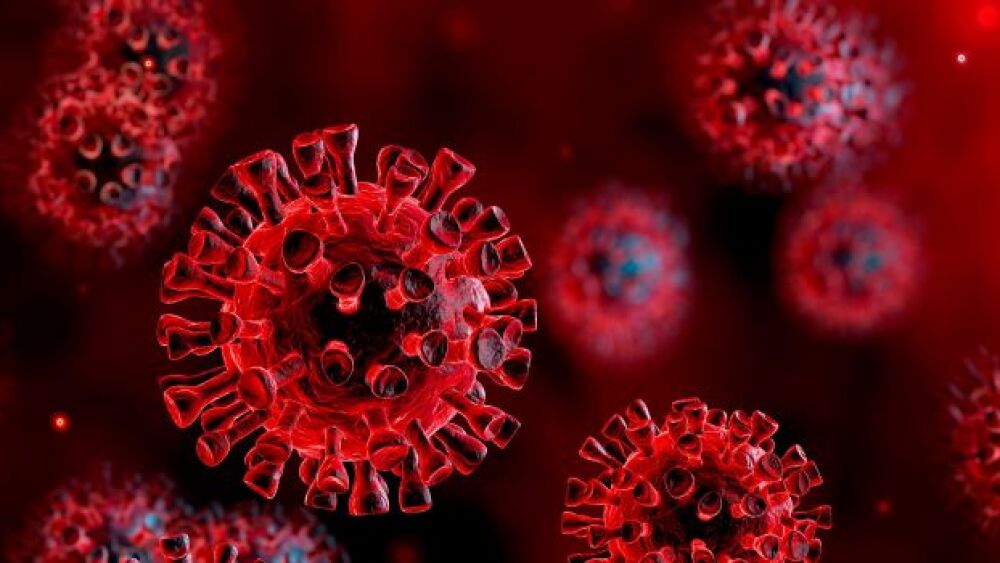Eli Lilly and Company and Incyte announced today that their Phase III COV-BARRIER study of Olumiant (baricitinib) plus standard of care (SoC) compared to placebo plus SoC failed to hit statistical significance against COVID-19 for its primary endpoint.
Eli Lilly and Company and Incyte announced today that their Phase III COV-BARRIER study of Olumiant (baricitinib) plus standard of care (SoC) compared to placebo plus SoC failed to hit statistical significance against COVID-19 for its primary endpoint. However, there were other promising results in the study.
Specifically, the trial was comparing baricitinib and SoC compared to placebo plus SoC, with an endpoint defined as the proportion of participants progressing to the first reporting of non-invasive ventilation including high flow oxygen or invasive mechanical ventilation including extracorporeal membrane oxygenation (ECMO) or death by Day 28. In the study, patients receiving baricitinib were 2.7% less likely than patients receiving SoC to progress to ventilation, which was not deemed statistically significant.
Baricitinib, marketed under the brand name Olumiant, is a once-daily, oral JAK inhibitor. It is approved in the U.S. and more than 70 other countries for adults with moderate to severe rheumatoid arthritis. It was recently approved in Europe and Japan for adults with moderate to severe atopic dermatitis who are candidates for systemic therapy.
In the study, standard of care included 79% receiving corticosteroids and 19% receiving Gilead Sciences antiviral drug remdesivir, with some receiving both. The combination did appear to have a significant decrease in death from any cause by 38%.
The companies also indicate there was a numerical decrease in mortality for all baseline severity subgroups in the cohort receiving Olumiant, with it being most marked in patients receiving non-invasive mechanical ventilation at baseline. There was also a decrease in death for the pre-specified subgroups of patients who received or did not receive corticosteroids at baseline.
“There remains a driving unmet need for treatments with the potential to further decrease mortality for COVID-19 patients,” said co-primary investigator E. Wesley Ely, professor of medicine and co-director of the Critical Illness, Brain Dysfunction, and Survivorship (CIBS) Center at Vanderbilt University Medical Center.
Ely added, “While COV-BARRIER did not hit the primary endpoint based on stages of disease progression, the data show that baricitinib meaningfully reduced the risk of mortality above and beyond the recommended standard of care, without additional safety risks. These important findings advance our pursuit of treatment options to save lives in hospitalized COVID-19 patients.”
The number of adverse events and serious adverse events were about the same in the baricitinib (44.5% and 14.7% respectively), and placebo groups (44.4% and 18.0%, respectively). In the baricitinib group, serious infectious were seen in about 8.5% and venous thromboembolism (VTE) was observed in 2.7% of patients, compared to 9.8% and 2.5%, respectively, in the placebo groups. Otherwise, no new safety issues were observed.
At this time, Lilly plans to publish the results in a peer-reviewed journal in the coming months and will submit the data to the U.S., European, and other regulatory authorities to discuss the next steps for the drug for hospitalized COVID-19 patients.
“Since the beginning of the pandemic, we have worked to expand the science behind COVID-19 therapies,” stated Ilya Yuffa, senior vice president and president of Lilly Bio-Medicines. “Even though the study did not show a statistically-significant benefit on the primary endpoint, the trial showed the largest effect reported to date for reduction in mortality observed for this patient population with COVID-19. As there remains an urgent need to reduce COVID-related deaths in hospitalized patients, we hope these results will provide further understanding and support for baricitinib’s potential role in treatment on top of the current standard of care.”
COV-BARRIER was designed to complement the Adaptive COVID-19 Treatment Trial (ACTT-2), which is sponsored by the National Institute of Allergy and Infectious Diseases (NIAID). ACTT-2 launched in May 2020 and published data from 1,033 patients.
In that study, patients who received baricitinib in combination with remdesivir had a shorter median time to recover compared to patients who received remdesivir alone. And in ACTT-2, there was a significant decrease in the percentage of patients who progressed to noninvasive ventilation, invasive mechanical ventilation or death, in the baricitinib plus remdesivir group compared to remdesivir alone.
“While the trend observed for the primary endpoint was not significant, the demonstration of a potential effect on mortality is a clinically important finding,” said Vincent C. Marconi, professor of medicine and global health at Emory University School of Medicine and Emory’s Rollins School of Public Health, a co-principal investigator of COV-BARRIER and a co-investigator on the ACTT-2 study. “This effect on mortality was seen with or without corticosteroids and/or remdesivir at the time of enrollment. These results — along with those from the NIAID-sponsored ACTT-2 study evaluating baricitinib in combination with remdesivir — add to the growing body of data supporting the use of baricitinib in certain hospitalized patients with COVID-19.”





